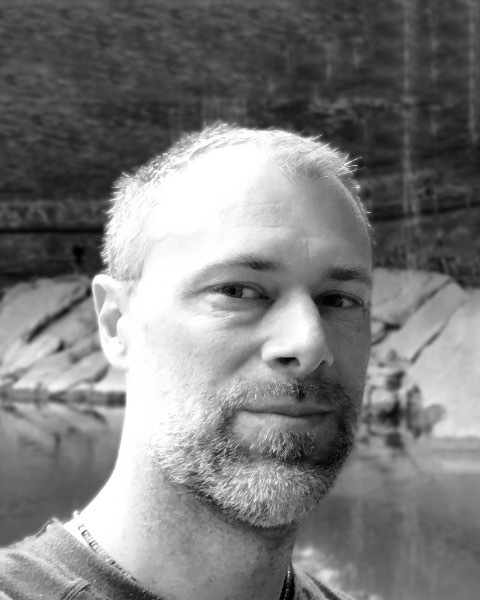
Transformative Ecological Restoration: Farms to Wetlands - 1.0 PDH (LA CES/HSW)
- Registration Closed
Throughout southeastern Massachusetts, working cranberry bogs are being abandoned or retired as cranberries are being grown more cost-effectively elsewhere in the U.S. and around the world. As cranberry farms were developed within former wetlands and along stream channels, they have been described as one of the leading factors in the loss of wetland function within the state. Retiring cranberry farms provides an opportunity to reclaim these wetlands and rescue these lands after hundreds of years of post-colonial impacts. These restored wetlands provide increased aquatic and terrestrial habitat, improved ecosystem functions, improved water quality, improved fish passage, and climate resiliency. This method of restoration also provides a model or restoration of other farmland in former inland or coastal wetlands. We will discuss the restoration opportunities and design elements, the linkages and working relationships with landscape architecture and site experience, and potentially view active construction activities on a former cranberry bog in southeastern Massachusetts.
Hosted by ASLA's Ecology & Restoration Professional Practice Network
Learning objectives:
- Describe how the cranberry bogs developed into the form they are today when actively being farmed.
- Define the impacts and stressors that this agriculture has on the streams, wetlands, and ecosystems.
- Identify and describe multiple restoration techniques and the linkages between the restored ecology and the viewer experience.

Anthony Fettes, ASLA, PLA
Assistant Professor Landscape Architecture
University of New Mexico
Anthony Fettes, ASLA, PLA, PDC, is an Assistant Professor of Landscape Architecture at the University of New Mexico, School of Architecture + Planning. With over 20 years of combined global experience in landscape architecture and ecological restoration, Anthony’s teaching and research explores alternative methods of understanding place and innovative ways to evaluate the benefits of built/cultural landscapes. Initially operating drones for educational and research under FAA Title 49 USC 44809, Anthony is a recently certified FAA Part 107 certified drone pilot.

Nick Nelson, CERP
Fluvial Geomorphologist/Regional Director
Interfluve
Nick is a former natural sciences teacher at the Teton Science Schools in Wyoming where he got the opportunity to work on the Snake River. The experience peaked his interest in the way humans have impacted rivers, so he switched the focus of his grad studies to watershed sciences.
Nick studied geology, hydrology, and fluvial geomorphology at Utah State. He also contributed to research that included investigating glacial formations in Iceland and studying controlled floods on the Colorado River. In 2007, he moved to Wisconsin and found Inter-Fluve. Now, he heads-up our Cambridge, Massachusetts office where dam removals and cranberry bog wetland restoration comprise most of his work. Nick enjoys contributing his expertise to other Inter-Fluve projects as well. He’s skilled in project management, geomorphic assessment, land-and-water-based topographic surveying, GIS and GPS, hydrologic and hydraulic analysis, hydraulic modeling, and construction oversight.
